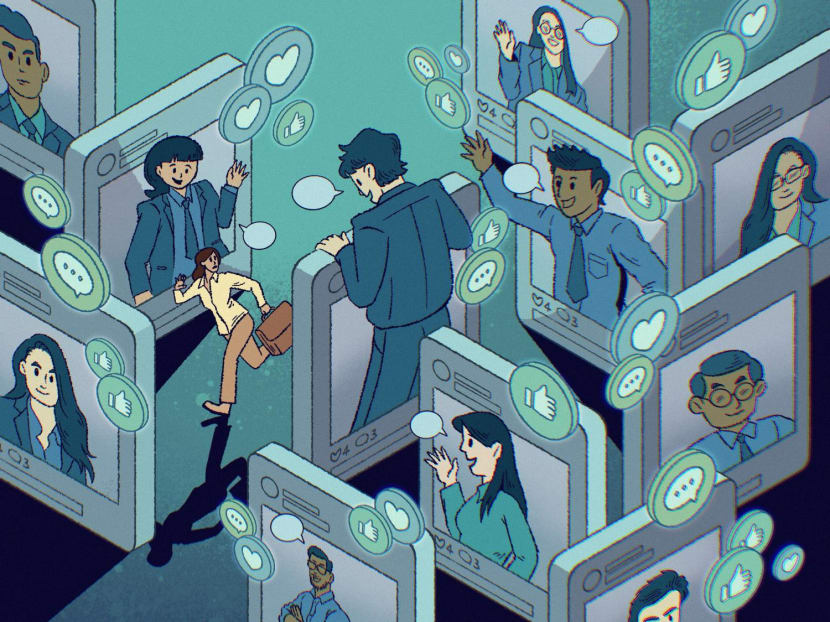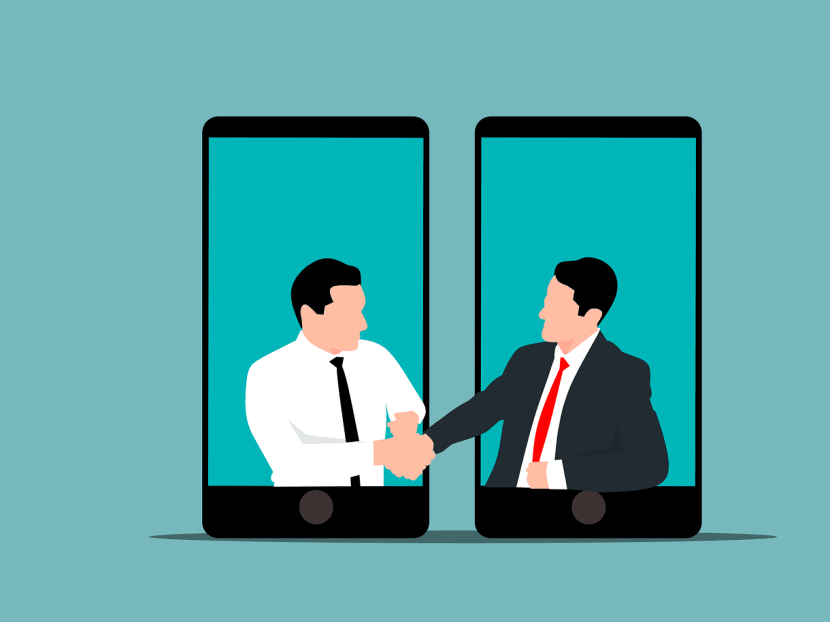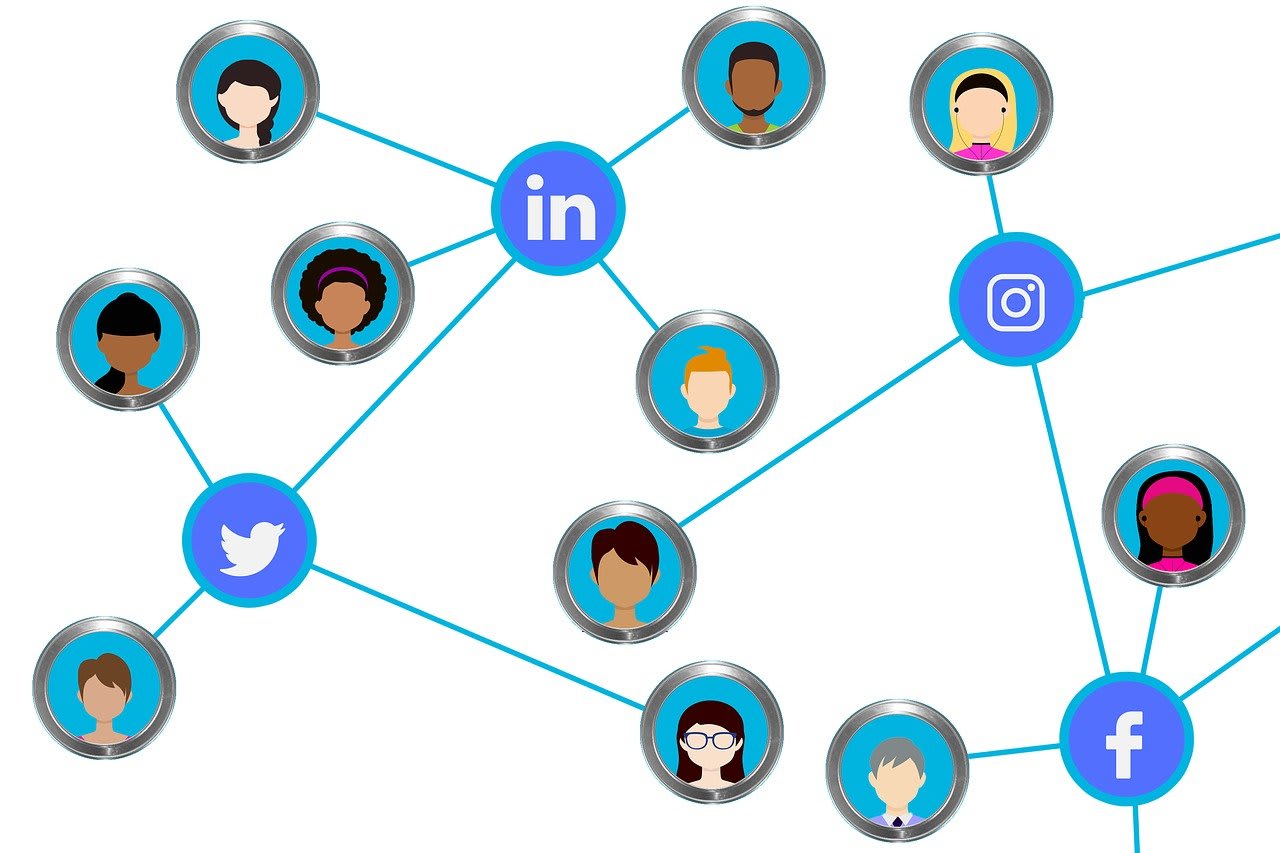Commentary: Should you add your colleagues on Instagram? Here's why I think twice before doing so
Do you follow your colleagues and bosses on social media? Do you let them follow you?

What are the pitfalls of connecting with workplace acquaintances on social media? And if we do, how much is “too much” to share?

This audio is AI-generated.
In an era of unprecedented connectivity, it's getting tougher to ensure that your downtime and leisure spaces are truly your own, even online. Here's how this communications strategist draws a clear line between the personal and professional in her digital life.
Do you follow your colleagues and bosses on social media? Do you let them follow you?
This question was raised during a recent dinner conversation, when a friend received a follow request on Instagram from her boss.
The table was quickly divided into two camps. One believed it wasn’t a problem, particularly within a younger, more close-knit team, or if there was already a strong rapport or friendship outside the office. The other argued that there are certain lines you shouldn’t cross with work acquaintances — why open a can of worms?
It got me thinking: What are the pitfalls of connecting with workplace acquaintances on social media? And if we do, how much is “too much” to share?
Managing digital and social media for both work and leisure means I spend a significant amount of time online crafting content, networking and keeping up with the latest trends. But I’ve learnt the hard way that having the personal and professional inhabiting the same digital spaces can lead to some unexpected "side effects".
THE PROBLEM WITH TOO MUCH CONNECTIVITY
These days, the traditional 9-to-6 workday no longer stops at 6pm when work contacts can connect with you anytime through multiple avenues. This constant connectivity can blur the separation between work and social life, affecting one’s mental health and even leading to burnout.
Don’t get me wrong — I enjoy being part of close-knit teams and having good relationships with colleagues. However, I've found that being "too" connected can often turn shop talk into a 24/7 affair, whether it’s ongoing project discussions or just trading work-related memes.
Blurring the line between work and downtime often makes it feel like there's no off switch. In the same way, blurring the line between professional and personal connections can make it difficult to determine when exactly shop talk is okay and when it’s not.
It’s becoming more common to see young professionals push back against unhealthy work practices by setting clear boundaries between their personal and professional lives. In South Korea, young adults increasingly prefer not to be friends with colleagues outside of work (including on social media) and to minimise social interactions in the workplace.

The blurring of these digital boundaries often has a disproportionate impact on women, too.
In 2020, as more of us turned to online platforms for work, school, and social interactions during the Covid-19 pandemic, the rates of digital violence against women also intensified, found the Economist Intelligence Unit. These included stalking, hacking, video- or image-based abuse, and cyberbullying, with younger women from Generations Z and Y more likely to be targeted.
In a 2022 report by Australia's eSafety Commissioner, a large majority of women who have an online or media presence for work or experienced work-related online abuse (71 per cent) agreed that online abuse is prevalent in the professional world. Seventy-two per cent also agreed that women are more likely to encounter work/professional-related online abuse than men.
Fifty-one per cent of women who experienced online abuse also reported serious professional and work impacts as a result of the abuse, such as giving up leadership positions in the workplace.
Beyond all this, there's an additional layer: Power dynamics.
At the end of the day, your boss is not your equal. As your professional superior, they hold authority over you, and this status imbalance can bias their perception of your social media activity outside the office.
These perceptions, whether conscious or unconscious, can impact your career trajectory in ways you might not foresee or realise.
You never know when a work acquaintance might see your videos from a fun night out and draw certain conclusions about your work ethic, or come across your political post and make false assumptions about your personal beliefs.
RULES OF ENGAGEMENT
Experts agree that setting clear boundaries at work is not only crucial for your career advancement, it can also significantly boost your levels of productivity and happiness.
During my dinner discussion, we eventually agreed that a good rule of thumb is to avoid posting anything work-related on your personal social media accounts, regardless of whether your co-workers follow you.
Think twice about how it potentially benefits or harms you to post non-consensual videos of your colleagues that may violate trust within the workplace, or photos that may risk leaking sensitive company information.
Personally, I've found it helpful to draw certain specific lines in digital connections with workplace acquaintances.
For example, I connect with a select few close colleagues on social media while keeping my bosses at virtual arm's length. I designate platforms like WhatsApp and email for formal, professional discussions and connections, and reserve Telegram and Instagram for those I trust most.
This strategy helps me maintain a clear line between my personal and work life, ensuring that my downtime and digital leisure spaces are truly my own.

If you, like many of my friends, find yourself in a pickle about attempts to connect online from workplace acquaintances, you could also have an honest conversation with your colleagues and bosses about your digital boundaries.
Just like you would discuss and establish mutual expectations in important personal relationships — with a roommate or romantic partner, for instance — you can do the same about what you're comfortable sharing online, and with whom.
Such a conversation can be daunting to initiate, but this doesn’t have to be a big formal sit-down in a pre-booked conference room. Try a casual chat over coffee, or opening the subject up for discussion at your next team lunch.
Simply being candid and straightforward with the people you work with can help prevent any awkward misunderstandings down the line, especially ones that may potentially bleed over into affecting team rapport and productivity.
(GATE)KEEPING IT REAL
If engaging face-to-face seems to be unfeasible, you can also consider more indirect ways of maintaining your digital boundaries.
For example, one of my friends maintains two separate Instagram accounts — one for her personal life, including rants and daily life snippets, and one for her more polished, "safe-for-work" persona. Platforms like Instagram also offer a handy "close friends" list which gives you the option to share posts and stories exclusively with your trusted circle.
And if things ever get tricky or sticky, turn to your office’s human-resources team for support. Everyone’s sense of safety and comfort in the workplace should always come first, and that’s what they're there to help ensure.
Our digital boundaries are just as real and valid as our emotional and social ones. We each have the agency to respect and protect these boundaries in a way that works best for us.
ABOUT THE AUTHOR:
Nicole Chan is a communications strategist by trade, and a digital native by passion. She is keen on igniting conversations for topics close to her heart such as intersectionality, DE&I, and sustainability.








